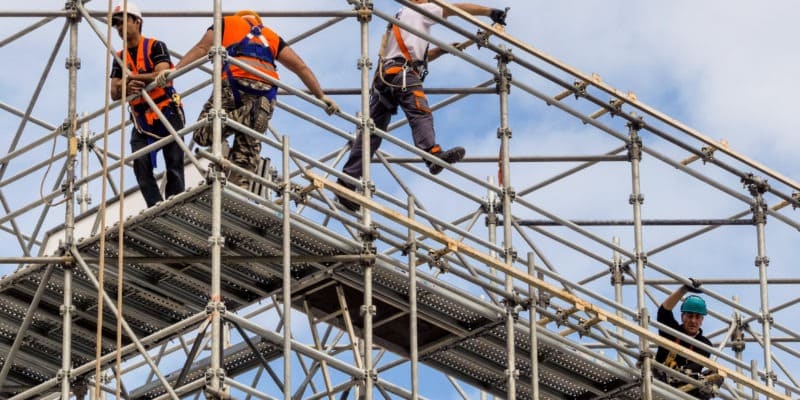BY SAMANTHA DRAPER
POSTED 02.20.2018
It is sadly ironic that portions of the construction industry have been fighting for years to reduce wages on these important but dangerous jobs are now claiming they face a skilled labor shortage.
Just last year, California’s housing industry spent millions of dollars lobbying against minimum labor standards in any part of the residential construction sector. Even though research shows that construction labor represents a paltry 15% of total housing construction costs, they tried making the mathematically absurd claim that paying their workers enough to pay the rent -even in exchange for less red tape on certain projects – would somehow make California’s housing affordability crisis worse.
Some California contractors talking about labor shortages were trying to convince California municipalities to become “charter cities” so they could circumvent prevailing wage rules.
But they haven’t been the only ones.
Since 2015, five U.S. states have repealed their prevailing wage laws – laws that establish minimum wages for different skilled crafts on publicly funded projects and promote privately financed training programs that are designed to prevent skilled labor shortages. Other states are considering following suit, even though labor represents just over 20% of the total cost of public works projects – a historically small and declining share in what constitutes fully one-third of all output in America’s fourth-largest economic sector.










